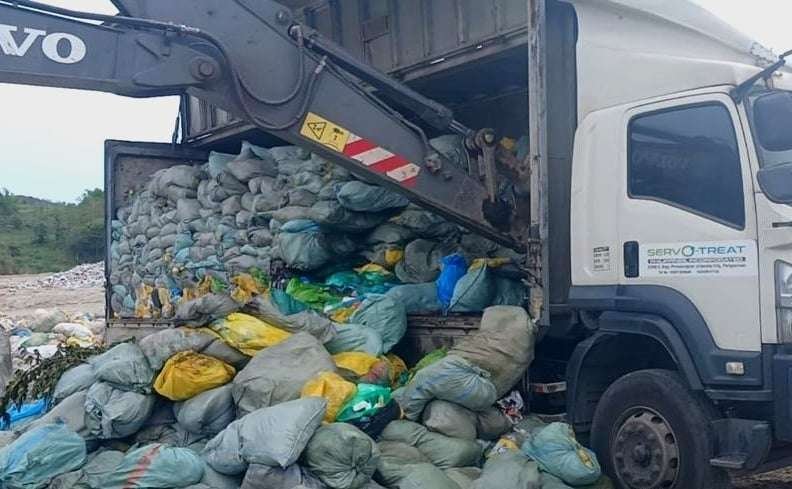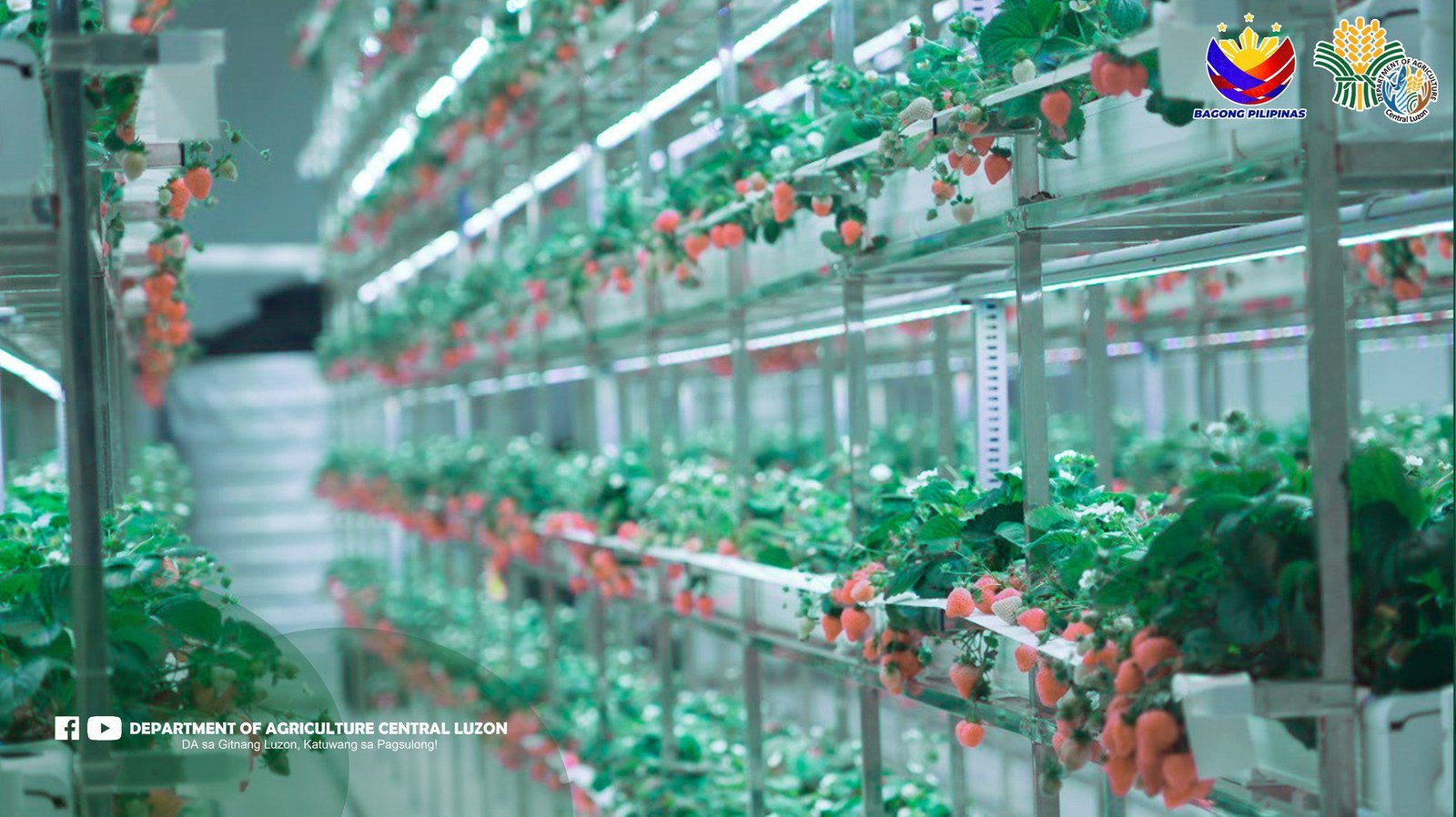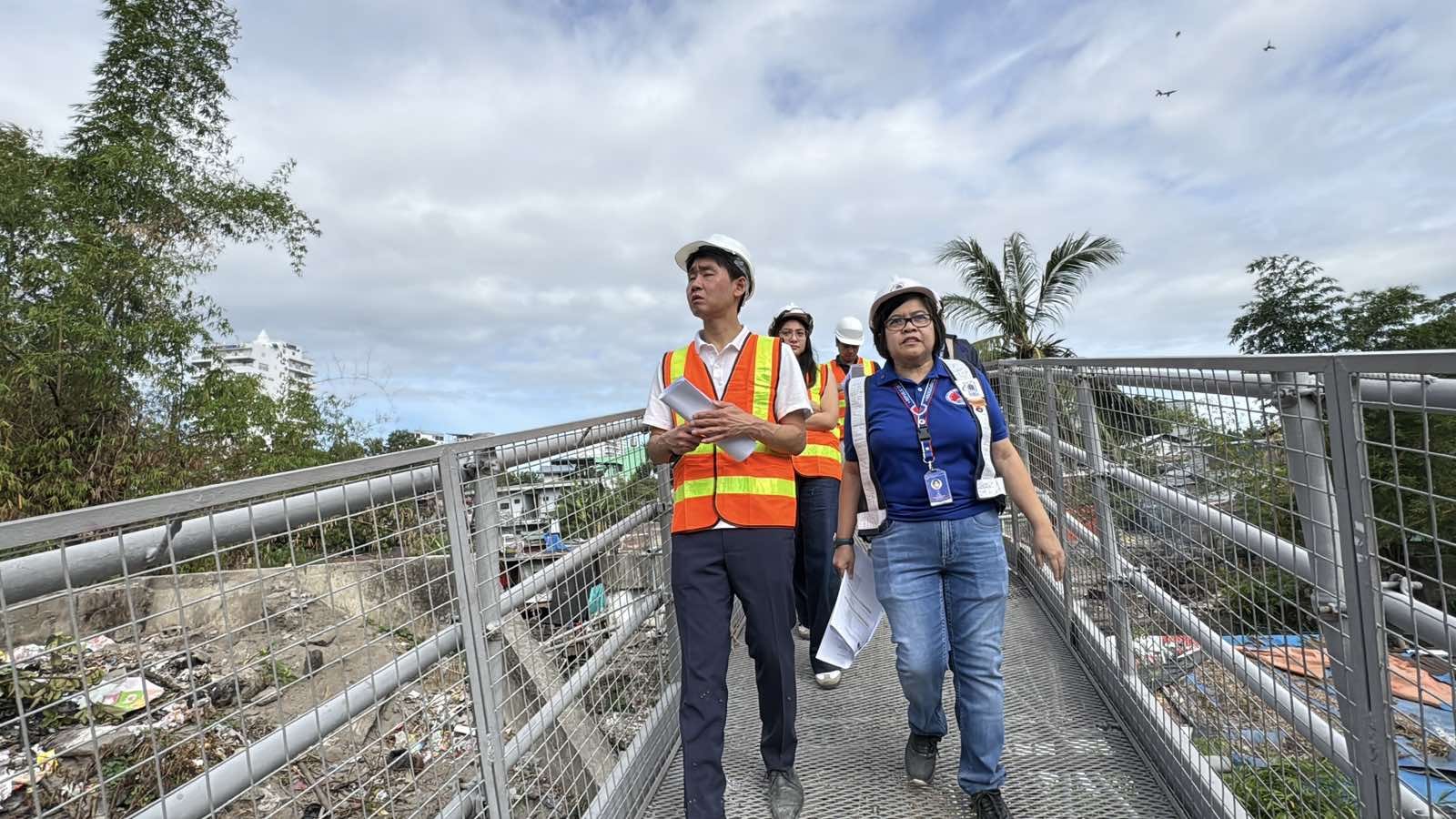Amid the massive garbage crisis faced by Central and North Luzon as a result of the government’s plan to close down the lone engineered sanitary landfill based in Capas, Tarlac, some 1,000 hospitals in the 2 Luzon regions and Metro Manila face a major health crisis.
This was bared by a group of indignant hospital and toxic waste treaters as they expressed fears for patients of some 1,000 hospitals including small clinics that their workers will be exposed to health hazards.
Speaking to members of the Capampangan in Media (CAMI) on Friday morning, Danny Abadilla, president of Clark Sanitation Services, said the planned closure of the lone toxic waste sanitary landfill site in October would render thousands of hospitals in both regions including Metro Manila, “stuck and helpless” with un-collected hospital waste mounting each day.
“The looming garbage crisis in Central and Northern Luzon regions will not only affect households and industries but will certainly pose major health problems as soon as the government’s plan to close down the engineered sanitary landfill in Capas is implemented”
“Its (Kalangitan landfill) immediate closure is a helpless situation. We cannot collect and process medical and hospital wastes if there are no available and fully compliant sanitary landfill where we could dispose treated wastes”, Abadilla stressed.
“Most, if not all toxic wastes treatment firms will have no recourse but to stop the collection and processing of highly toxic medical wastes” the group declared during the press forum.
Abadilla added that most of these hospital wastes that are coming from the two regions, Metro Manila, Cavite, Laguna, and as far as Palawan, are treated in their recovery facility before being taken to the Kalangitan Sanitary Landfill which is the only waste facility accredited by the Department of Environment and Natural Resources (DENR).
Should BCDA and CDC close the waste facility come October, the stoppage of collecting and treatment of hospital wastes is expected to affect the health of patients and hospital workers in the frontline, and the community, said Abadilla.
(“Apektado ang pasyente, apektado ang mga personnel sa mga hospitals, at apektado ang mga communities.”)
Abadilla said medical wastes consisting of hypodermic needles body fluids, body parts, pharmaceuticals, radioactive materials, and health care establishments, health-related laboratories, and health research facilities generate cytotoxic drugs.
The Kalangitan Sanitary Landfill is the “only sanitary landfill accredited by DENR to accept medical wastes,” according to Abadilla.
The engineered sanitary landfill, which is operated by the Metro Clark Waste Management Corporation (MCWMC) under a 25-year contract with the state-run Clark Development Corporation (CDC), is expected to stop operations in October 5 with no clear alternative site to replace it.
Meanwhile, Christopher Tang, Director for Business Development of SafeWaste Inc. said their treatment facility processes some 30 tons of medical wastes per week from some 120 hospitals in Region 2 and CAR.
Tang said they treatment facility in located near Kalangitan at Cutcut, Capas 2. He feared the severe environmental and health crisis that the closure of the waste facility will cause.
SafeWaste Inc General Manager Al Kane said the Metro Clark Waste Management Corporation is a “national treasure” and should be kept running.
All treatment facilities engage in the collection, transportation, treatment, and disposal of medical wastes. Treatment of hospital wastes includes the use of pressurized steam in the microbial inactivation of pathogens found in infectious wastes. After treatment, medical wastes are taken to the Kalangitan Sanitary Landfill for final disposal.
The MCWMC said some one million tons of wastes are being brought to the waste facility for processing each year.
The MCWMC currently serves 150 local government units (LGUs) and more than a thousand industrial clients that represent roughly 15 million people in Central Luzon, Pangasinan, and the Cordilleras including the Summer Capital of Baguio City.
During the same media forum held over the weekend, MCWMC EVP Vicky Gaetos said they would also lodge “legal action” against the BCDA, who continues to ignore their pleas, and CDC, the original contracting party, if the waste facility is shut down.
Earlier, Capas Mayor Roseller Rodriguez had also said they are mulling on filing a case against BCDA and CDC if no alternative facility is identified.
Several affected LGUs in Pampanga and Tarlac had cited a “severe environmental crisis” if the only environmentally-compliant facility is closed by October.














